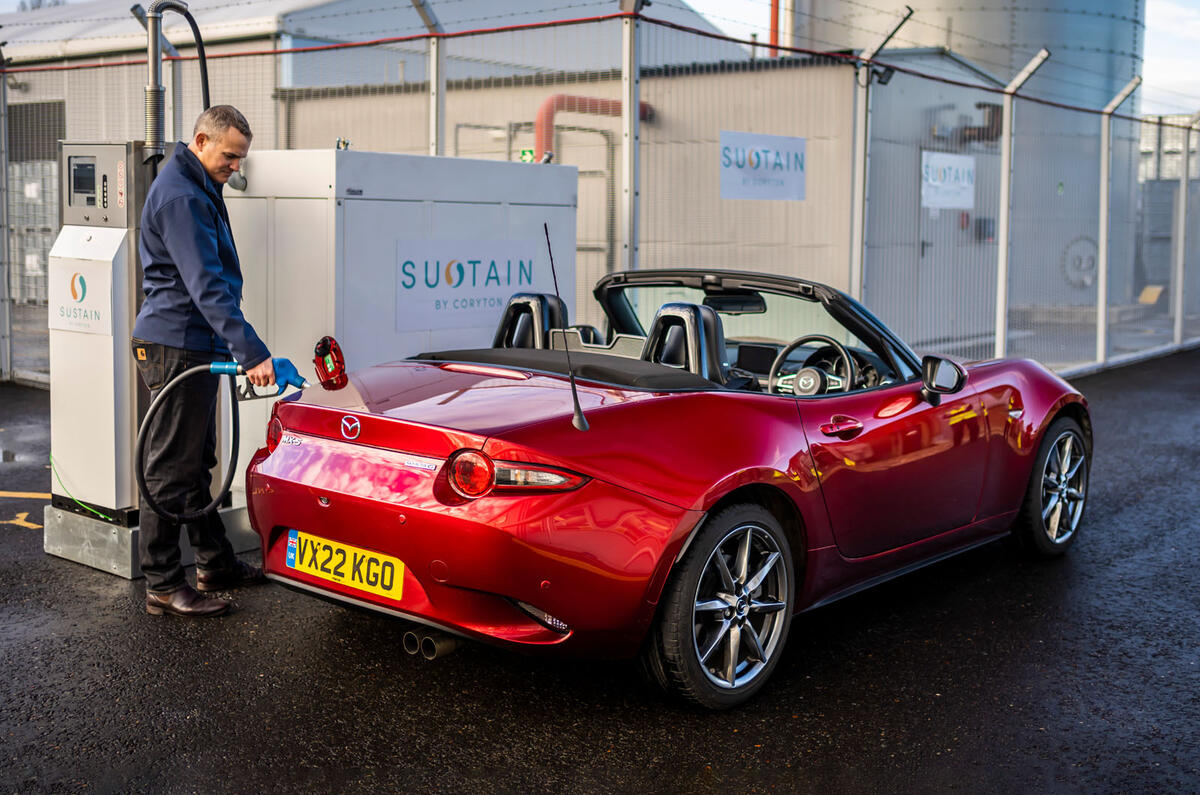Thought the internal combustion engine was going to be a goner in Europe by 2035? Its saviour may yet come after all.
The noise around e-fuels has become a lot louder in the past few weeks. Most prominent has been the actions of Germany and Italy in the European Parliament, threatening to derail the 2035 legislation unless an exemption for ICEs running on e-fuels is added. Other EU nations are said to be lukewarm to the 2035 ban too, and Germany’s backing for it will be essential.




Join the debate
Add your comment
Affordability is not a word to be associated with e-fuels by simple fact of the energy requirements inherent in their manufacture....